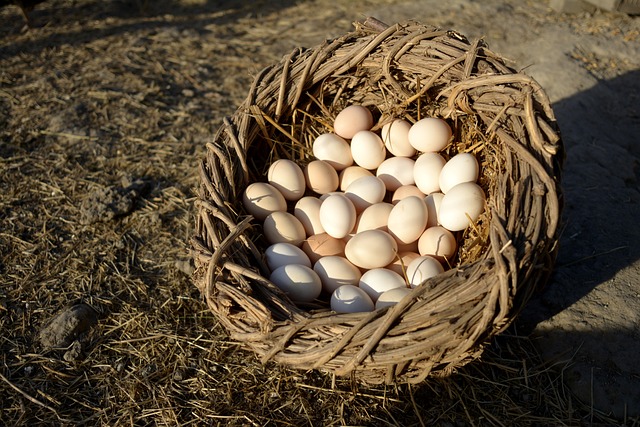Embracing a Greener Touch in Every Petal
There’s a unique joy in watching a flower bloom, a simple testament to nature’s resilience and beauty. But as gardeners who cherish this art, we stand at a pivotal moment where our love for flowers intertwines deeply with our responsibility towards the planet. This is where an environmentally conscious gardening culture blossoms, transforming our flower gardens into havens that celebrate life sustainably.
Choosing Native and Adapted Plants
One of the cornerstones of nurturing a sustainable flower garden is selecting plants that are naturally suited to your local environment. Native and well-adapted flowers require less water, fewer fertilizers, and minimal pest control, reducing our ecological footprint. By honoring the natural ecosystem, these plants thrive harmoniously, attracting beneficial insects and supporting local biodiversity.
Soil Health: The Hidden Foundation
Healthy soil is the heartbeat of any garden. Prioritizing organic matter such as compost or mulch enriches the soil, promotes moisture retention, and curbs erosion. Avoiding chemical fertilizers and pesticides helps maintain soil vitality and prevents harmful runoff, fostering a nurturing environment for both plants and the surrounding wildlife.
Water Wisely to Conserve
Water is a precious resource, and adopting mindful watering practices profoundly impacts sustainability. Drip irrigation, rainwater harvesting, and watering early in the day reduce waste and improve plant health. Such mindful use not only conserves water but strengthens your garden’s resilience through dry spells.
Encouraging Natural Pest Control
Instead of reaching for synthetic pesticides, an environmentally conscious gardening culture embraces natural pest management. Planting companion flowers that repel harmful insects or attract predators can keep your garden balanced and vibrant. This approach preserves pollinators and minimizes the chemical load on your flowers and the planet.
Composting: Closing the Nutrient Loop
Turning garden waste and kitchen scraps into nutrient-rich compost is both practical and deeply satisfying. Composting returns essential nutrients to the soil, reduces landfill waste, and supports robust flower growth without relying on artificial additives.
Creating a Sanctuary for Wildlife
A sustainable flower garden does more than dazzle the eye; it becomes a refuge for birds, bees, butterflies, and other beneficial creatures. By planting a diverse array of flowers that bloom through different seasons, you provide continuous nourishment and shelter, fostering an interconnected and thriving ecosystem.
As flower lovers, adopting an environmentally conscious gardening culture invites us to cultivate beauty that respects and enhances the world around us. Every petal that unfolds becomes a symbol of our commitment to sustainability, ensuring that future generations can experience the timeless joy of a blooming garden, nurtured with care and conscience.




